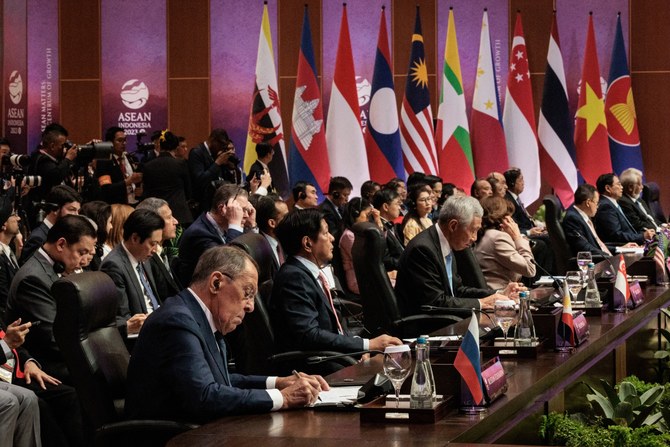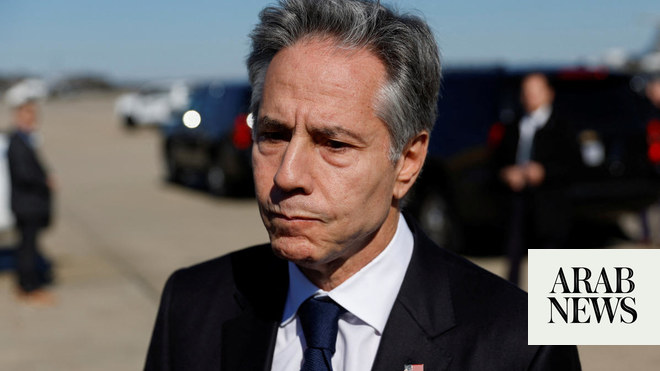
At the end of the summit on Idlib in Moscow on March 5 between the Turkish and Russian presidents the two foreign ministers read, each in his own language, the three-point-agreement that had been reached.
The first was an immediate cease-fire that came into force within hours, at zero hours on March 6. The second was a six-kilometer safe corridor on both sides of the M-4 motorway that links Lattakia to Aleppo. The defense ministries are to draw up within seven days the rules governing the functioning of the safe corridors. The last one was that Turkish and Russian soldiers would start patrolling the M-4 motorway as of March 15.
The most important outcome of the meeting is the agreement for a cease-fire. If it holds, this will be a welcome conclusion, because it could stop the bloodshed and material damage to the military and civilian infrastructure.
There are hopes that the agreement may be a turning point in the Idlib crisis, but there are fragilities as well.
The most important one is the fundamental difference between Turkey’s and Russia’s approach to the Idlib question. This difference was still visible in the Moscow summit. Vladimir Putin reiterated Russia’s position in his remarks before the text of the agreement was read out. He said Russia was determined to fight the groups that the United Nations considered as terrorists.
According the UN Security Council Resolution 2254, these groups are: “individuals, groups, undertakings, and entities associated with Daesh, Al-Nusra Front, Al-Qaeda and other terrorist groups as designated by the Security Council.”
The Resolution further provides that the cease-fire agreed in Syria on Nov. 14, 2015 “will not apply to offensive or defensive actions against these individuals, groups, undertakings and entities.”
This is a binding obligation for Turkey, irrespective of other commitments that it undertook in the Astana/Sochi process.
If it holds, this will be a welcome conclusion, because it could stop the bloodshed and material damage to the military and civilian infrastructure.
Yasar Yakis
In Idlib there are armed opposition groups that Turkey considers moderate. Some of them fought in the past in the ranks of Al-Qaeda-linked factions. If Turkey maintains its support for them, it remains to be seen whether it will fight the groups that Russia considers terrorist.
Syrian air space is controlled by the Russian forces, so the Turkish air force cannot operate in it. However, Turkey, acting within its own air space, was able to destroy several Syrian targets with guided missiles. Furthermore, it used its artillery, based in its own territory, to pound the Syrian government targets within its range.
Drones manufactured in Turkey turned out to be the most effective weapons during the present Idlib crisis. Unarmed drones equipped with cameras helped identify the targets and the armed ones destroyed them.
Recep Tayyip Erdogan announced before the summit that if the Syrian government does not retreat to a line beyond the Turkey’s observation posts it would use military force to push it to that line. This attitude contradicts the leaders’ statement in favor of Syria’s sovereignty. The wording of the March 6 agreement is not clear on this subject, but it looks as if Turkey will not insist on this. Putin may have persuaded Erdogan that it is in fact Syria’s own territory.
The week before the agreement, both Turkey and Syrian government forces suffered sizeable human and material losses: 33 Turkish soldiers were killed in a single incident. The losses continued in lesser numbers in the subsequent days. This created a heated debate in domestic politics in Turkey with the opposition parties harshly criticizing the government’s Syria policy.
The losses suffered by both sides may have helped to create an atmosphere conducive to negotiations. They may have reached the conclusion that they both are vulnerable. The agreement is far from solving every intricacy of the Idlib problem, but if all stakeholders approach the problem favorably, this may trigger a thaw.
Even though the area controlled by the Turkish army in the Idlib province had diminished, Turkey increased its military presence by sending more troops and equipment after the killing of 33 Turkish soldiers. Experts estimated that up to 10,000 soldiers and a huge quantity of heavy equipment and ammunition may have been sent to Idlib in the past ten days. This allowed Turkey to have an upper hand in a critical area.
When Erdogan’s statement to expel the Syrian government forces from Idlib is put together with the text of the Moscow agreement of March 6, one may conclude that the two leaders made reciprocal concessions during their negotiations and met in a middle ground by straddling the fence.
However, it is not reasonable to expect that Syria — and behind it, Russia — will agree that the terrorist groups indefinitely stay in Idlib.
Yasar Yakis is a former foreign minister of Turkey and founding member of the ruling AK Party. Twitter: @yakis_yasar
Disclaimer: Views expressed by writers in this section are their own and do not necessarily reflect Arab News" point-of-view











